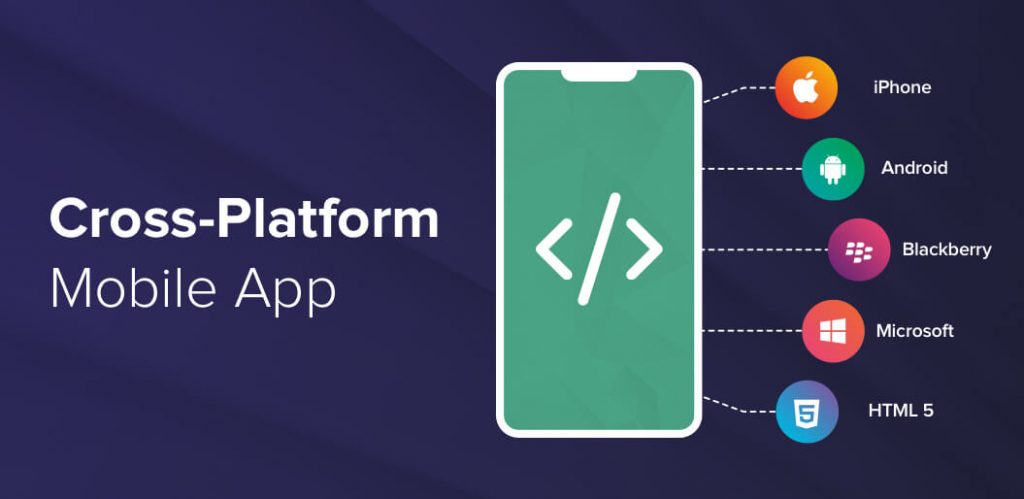Mobile app development: The usage of smartphones is increasing day by day. With that, the repute of mobile apps is growing too for shopping, playing games, engaging on social networking sites, accessing news, etc. when a business is acquire into mobile app development, or cross-platform app development. Each and every of them is different technologies.
Native app development
Native apps are those apps that are built accurately for a particular operating system. For example iOS, Android, etc.
In the case of iOS app development, the apps are built using objective c or swift, since for Android app development, Java or Kotlin are used. As native app development has required integrated development environment (IDE). Given the user base of both these platform, most business favor having mobile applications on these platforms clone.
The native mobile app is developed by following the technical and user experience suggestion of that particular OS.
Pros
As native apps are built for a specific operating system, they increase the processing speed.
Native apps can use the features offered by mobile devices like camera, mic, push, notifications, calendar, GPS, etc.
Companies can easily create graphics-intensive apps like games with the help of performance and speed.
Native apps can function smoothly even without an internet connection.
Cons
Isolated investment is to be incurred if you want to make your app available on different platform because there’s different codebase for each podium.
The developing mobile apps on each of the platforms is required for more development time.
It needs fast updates to keep up with the current version of the OS.
Lots of time and efforts are required to manage these apps because different teams are required to support each version natively.
Cross-platform app development

Cross-platform apps are those apps that are built for different platforms at the same time, using HTML, CSS, and JavaScript. This means some, or the whole code can be shared over distinct platforms like iOS and Android. Targeting many segments enables businesses to connect to more users and increase market share.
Pros
One of the profit of cross-platform app development is speed.
The use of single-source code across various platforms helps in reducing development efforts, leading to the completion of the development process fast.
The reason why cross-platform apps are choice is that they are inexpensive as only one codebase is used in the development, requiring less investment.
Cons
This technologies doesn’t link with the hardware of the device, simply running your app in a web view.
Cross-platform app have a non-native feel to them due to different screen layouts, functionality, and platform.
This gives a limited user experience.
This result in extra work for developers, mainly for more complicated features.
Hybrid App development
Hybrid apps are developed for multiple platforms but look, act, and behave like native apps. They are created using web technologies like JavaScript, CSS, and HTML, but put into the native app to look and function like them. In fact, you will not be able to differentiate a quality hybrid app from a native one. The best examples of Hybrid apps include Twitter, Gmail, Uber, Evernote, and Instagram.
Pros
One of the major advantages of having hybrid app development is that businesses can have a single code for various platforms.
These apps don’t have that “mobile web” browser look as they have native hardware features.
The programming language is simpler than native apps, thus cutting the development time.
Compiled once, it runs on various platforms, reaching a wider audience of various platforms.
Cons
Hybrid apps may look related to native applications, but fail to get the aspect, touch, and native feel.
They are slower than native apps, and they user experience can get bulky.
There can be issues in the launch of the app in the market.
Not all code can be shared, so, some native code has to be written too.
Hybrid apps don’t work offline.
A hybrid app is dependent on plugins.
Conclusion
With the pros and cons of each approach, you should keep the focus on what functionality and the level of user experience your app has to offer.
The main recommendation is not trying to choose an approach based on the cost, rather than choose the one that fits the market’s specification and offers the most value to your congregation. This is because most of the mobile app users consider app performance as the primary reason for app retention and engagement.
Contact us sales@uisort.com
